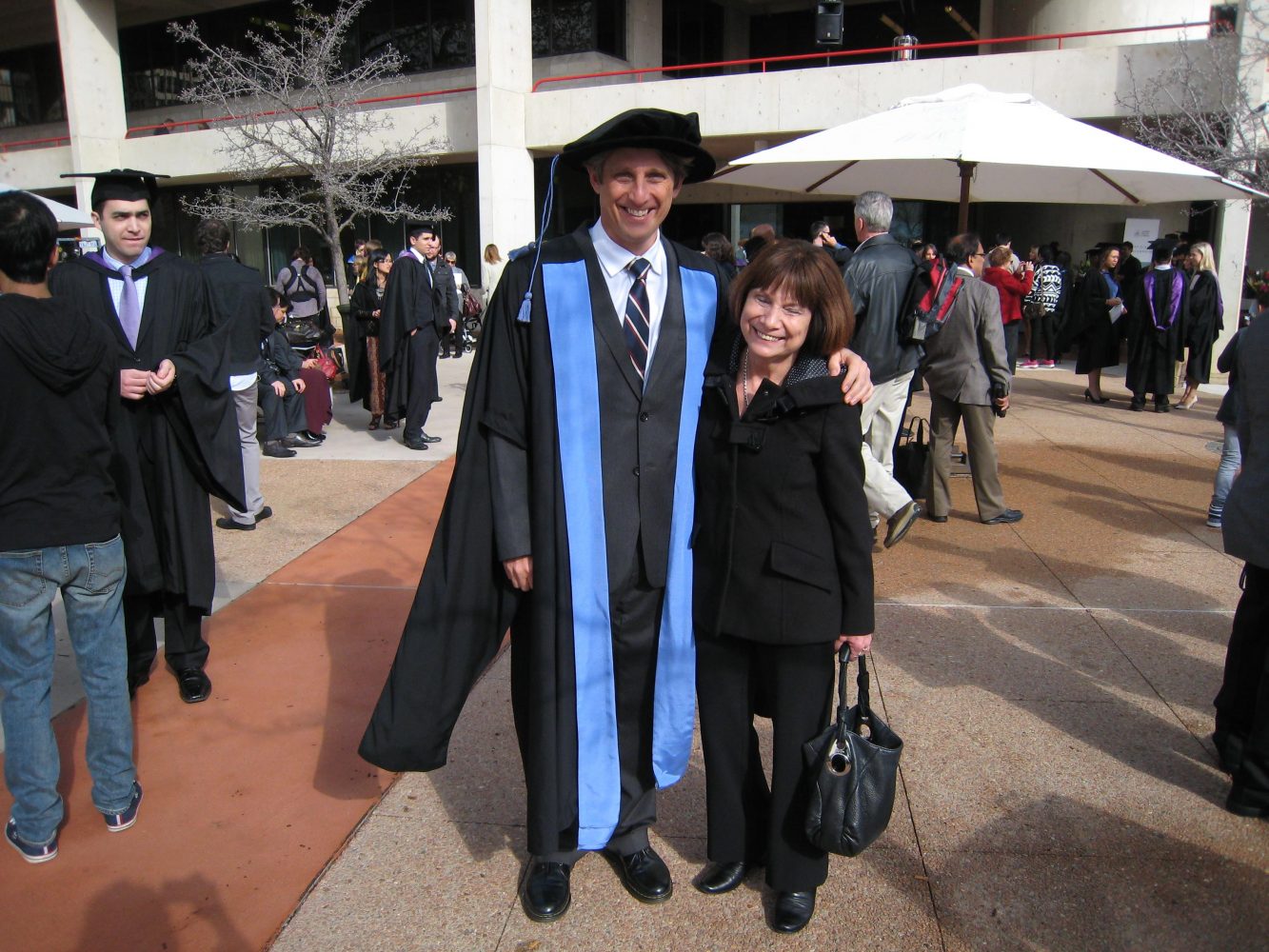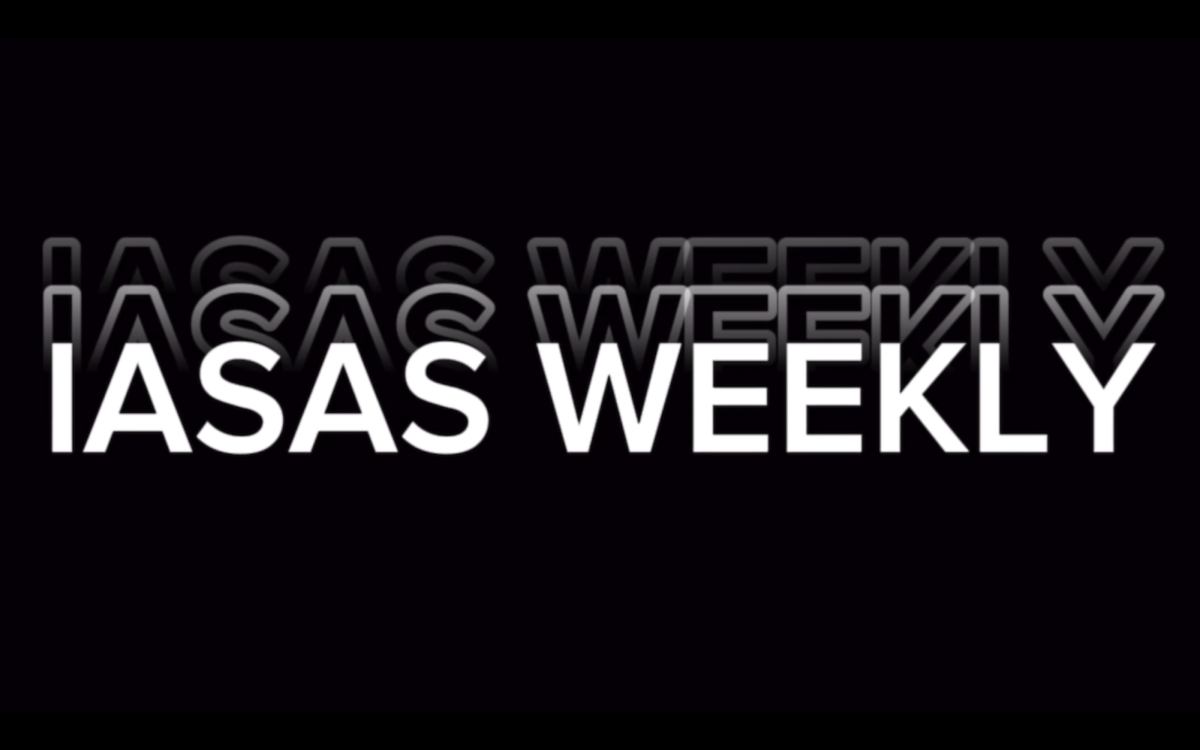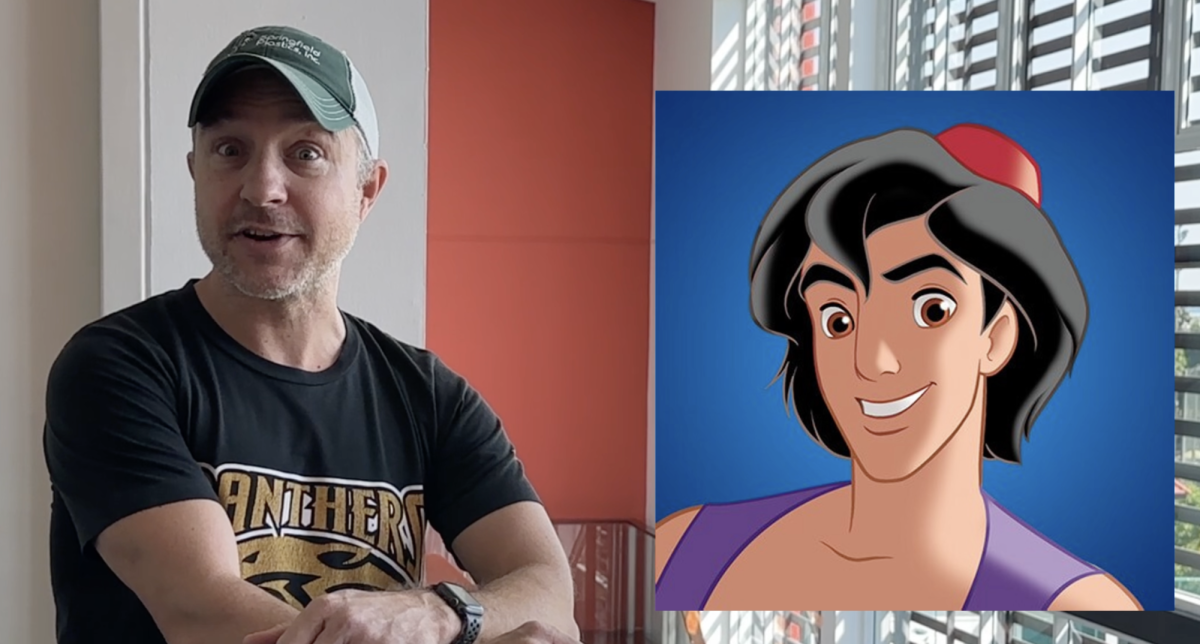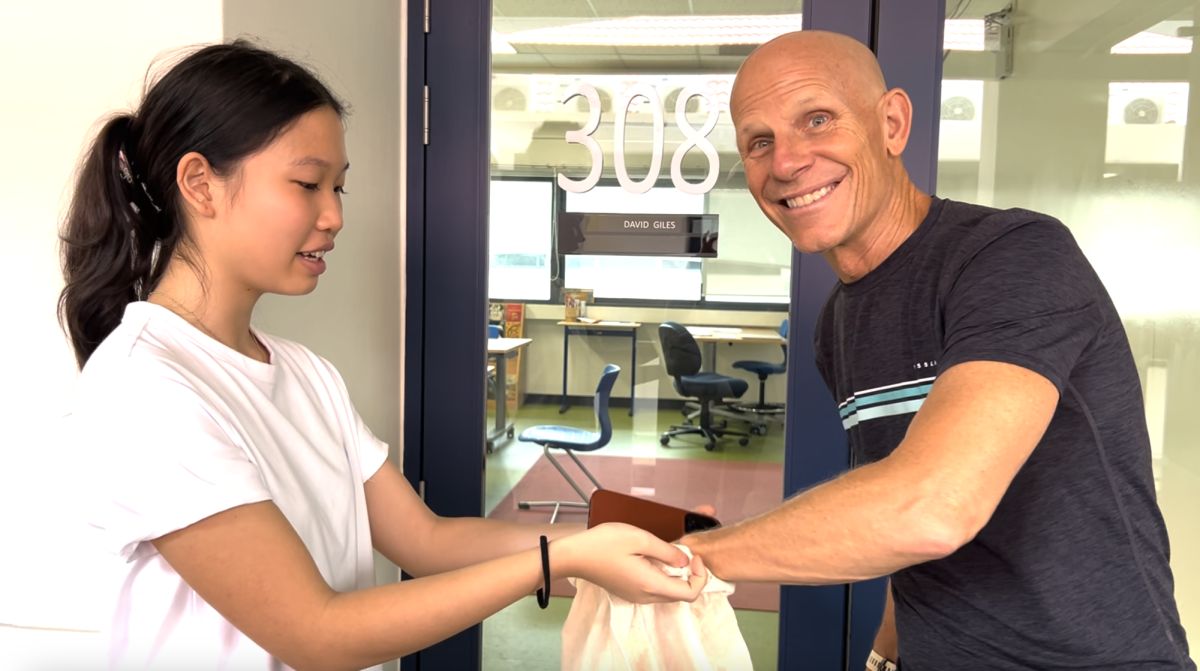The vast majority of ISB graduates will be going off to colleges and universities all around the world, pursuing education in fields ranging anywhere from business to geography to neuroscience.
This prevalence of further education was not always the norm, it still is not in many places around the world. With our almost endless possibilities in further education, it is important to pursue what you want to do.
We live in a competitive academic atmosphere that allows us the ability to pursue the highest degree of education we could desire, but does that mean we should always push ourselves to that level?
Panther Nation decided to talk to those at ISB with the most experience with post high school education, members of the staff who have doctorates in a variety of subjects and a huge experience in further study.
Dr. Michael O’Shannassy, High School Social Studies Teacher, has a doctorate in International Relations. When asked why he chose to pursue a doctorate, Dr. O states that he “used to joke (halfheartedly) that (his) primary reason for pursuing a doctorate was sheer ego, something akin to George Mallory’s response when asked why he chose to tackle Everest (‘Because it was there.’)”
Meanwhile, Dr. Nancy Le Nezet gained her doctorate in Philosophy in France, where you are invited to continue your education if your work is deemed worthy. Even though Dr. Le Nezet “partied a lot” and “had incredible amounts of fun in college”, she always saw studying as her priority.
These individuals have worked hard and have well established knowledge bases in not only their field, but also other subjects. One non-Ph.D example would be Mr. Richard Harvey, who is in the process of getting a master degree in Geography. With this he will have the education to teach Intro to Economics, world studies and his current Geography classes.
High School PE and Sports Science teacher, Dr. Tara Blackshear says it’s important to, “select a major or field of study they are passionate about rather than choosing one simply for monetary gain or external factors.” Dr. O’Shannassy echoes this idea, saying that “you shouldn’t pursue further education just for the sake of doing so, because it is what is expected of you or, even worse, because you cannot figure out anything else more interesting or meaningful to do with your life.”
Regardless of whether or not you have these teachers personally, they are a valuable resource for those of you thinking you might want to pursue further education.
Austin Gallagher







